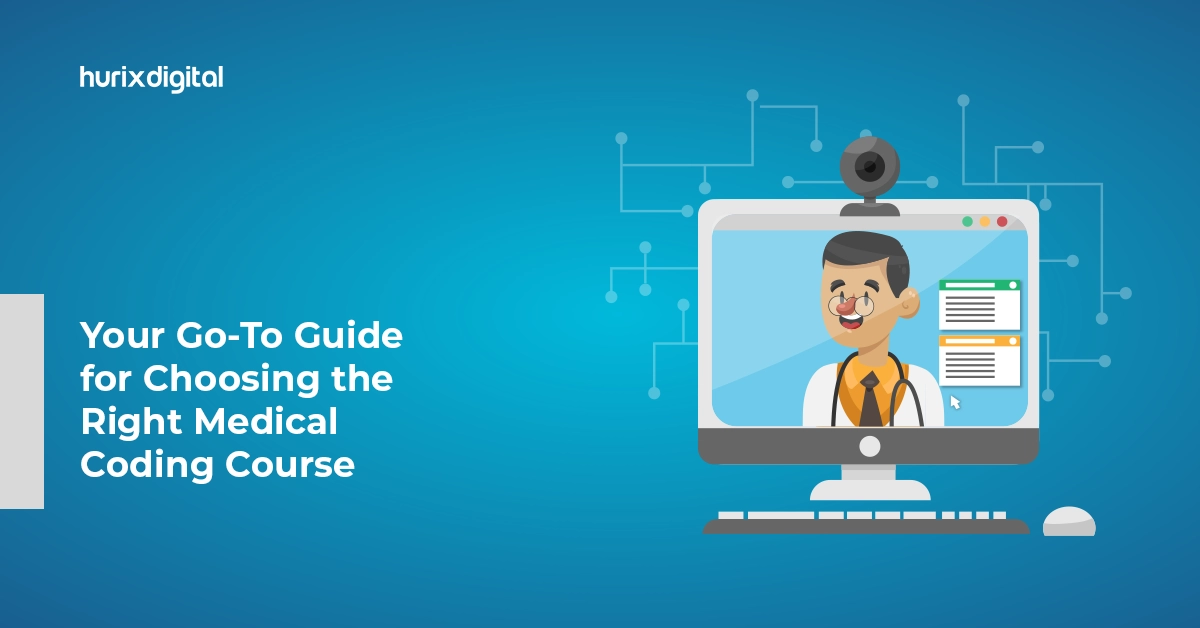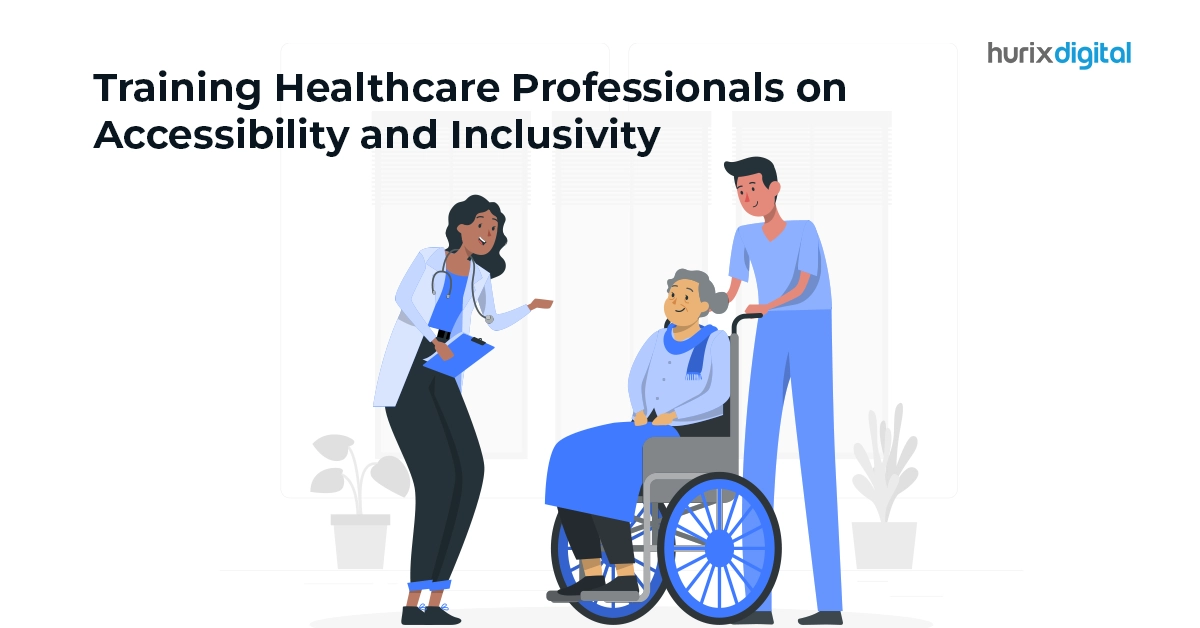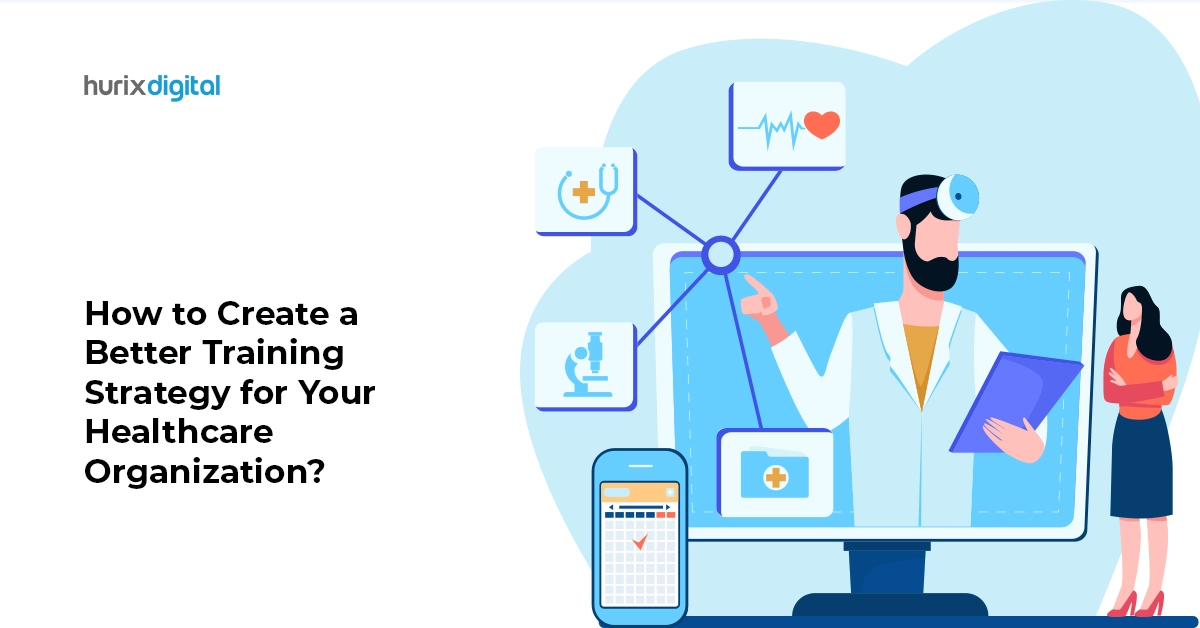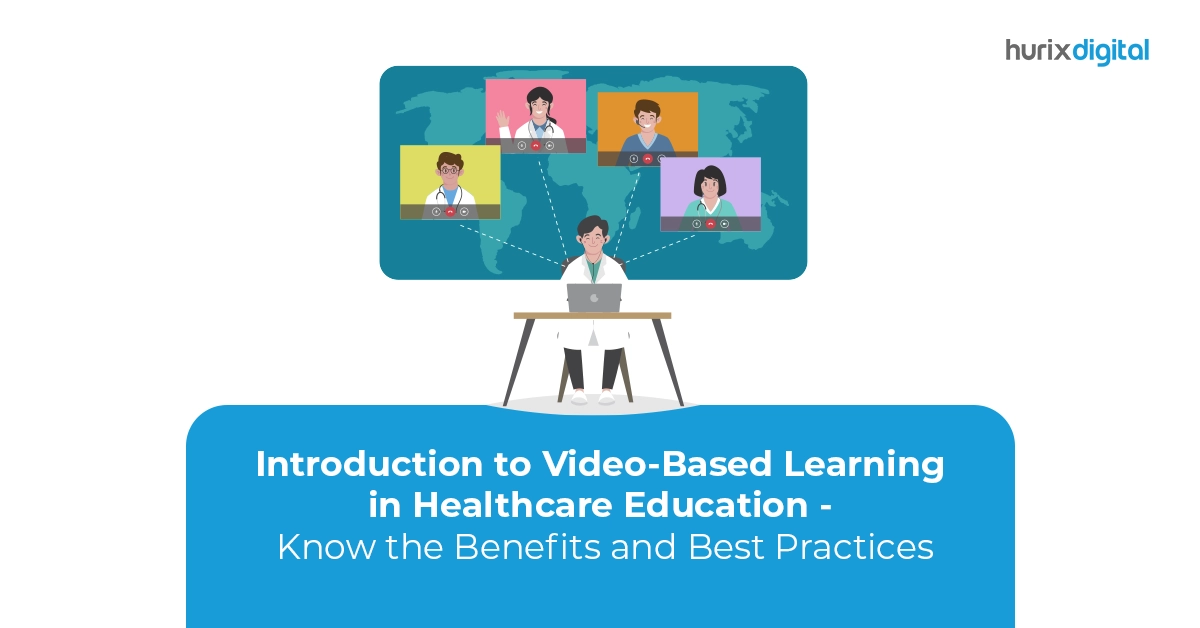
Your Go-To Guide for Choosing the Right Medical Coding Course
Summary
Learn how to select the best medical coding course for your needs. This article provides a guide to choosing a course that will effectively prepare you for a career in medical coding.
When it comes to starting a career in medical coding, selecting the right certification course is key. It not only ensures you receive proper training but also enhances your job prospects and career opportunities in the healthcare industry.
To make sure you choose the best medical coding certification course for your career goals, take the time to thoroughly research and evaluate your options and review feedback and recommendations.
In this post, we’ll discuss essential factors to consider when choosing a medical coding certification course. Read on!
Table of Contents:
- The Importance of Medical Coding Certification
- Coding Career Development and Advancement
- How to Choose the Ideal Medical Coding Institution?
- Ensure Accreditation
- Explore Comprehensive Course Content
- Verify Instructor Qualifications
- Assess Available Student Support
- Evaluate Cost and Financial Assistance Options
- Consider Flexibility and Convenience
- Review Job Placement Support Services
- Consider Continuing Education Opportunities
- Research Industry Connections and Partnerships
- Wrapping Up
The Importance of Medical Coding Certification
A certification in medical coding verifies an individual’s capacity to understand the elaborate knowledge of healthcare coding. Certification serves as evidence of a coder’s proficiency in precisely translating medical records into internationally accepted codes, corresponding with the complexity of medical terminology and procedures.
For instance, the American Academy of Professional Coders, or AAPC certification, and the American Health Information Management Association, or AHIMA certification, are the two main certifications that evaluate a candidate’s proficiency in medical coding in the USA.
Apart from conventional coding jobs, credentialed specialists can work in fields such as consulting, revenue cycle management, and healthcare administration. Coders can pursue leadership roles in healthcare organizations and broaden their career prospects by obtaining other skills and certifications.
Also Read: Exploring the Role of Digital Learning in Healthcare Education
Coding Career Development and Advancement
Workshops, seminars, and conferences are examples of professional development options that offer beneficial networking and exposure to the most recent advancements and trends in medical coding. Additionally, programmers can access resources, engage in continuing education activities, and network with colleagues in the business by joining professional associations like the AHIMA and AAPC.
Getting more certificates shows that you’re dedicated to learning new things and growing in your career. Obtaining specialized qualifications in fields including medical auditing, risk adjustment, and outpatient coding can boost employment prospects and income.
Coders can set themselves up for long-term success and career progression by making continual educational and professional development investments in their field.
How to Choose the Ideal Medical Coding Institution?
To guarantee an excellent educational experience, several variables should be taken into account when choosing a medical coding school. Analyzing student results might reveal important details about the standing and efficacy of the institution.
1. Ensure Accreditation
A coding school’s accreditation guarantees that it upholds the highest levels of academic rigor and quality.
Accrediting agencies subject accredited programs to extensive review processes in which they assess curriculum relevancy, student results, faculty qualifications, and other variables. Students who enroll in an approved coding school are certain to acquire a quality education that is valued by employers and the industry as a whole.
2. Explore Comprehensive Course Content
An extensive curriculum ought to encompass fundamental subjects related to medical coding, including anatomy and physiology, medical terminology, coding requirements, and healthcare legislation.
For the development of coding expertise and confidence, opportunities for practical experience and hands-on instruction are also crucial.
3. Verify Instructor Qualifications
Skilled educators possessing industry experience can provide insightful analysis, useful advice, and real-life examples to improve the educational process.
To make sure they receive education from certified specialists, prospective students should investigate the credentials, professional backgrounds, and teaching experience of their instructors before enrolling in a coding program.
4. Assess Available Student Support
Academic counseling, career counseling, and tutoring are examples of student support services. The success of its students is a priority for coding schools, and they show this by offering resources to help students overcome obstacles and reach their academic and professional objectives.
5. Evaluate Cost and Financial Assistance Options
When selecting a medical coding school, potential students take cost into account.
The cost of tuition varies greatly among schools and programs. You should also account for other charges, including textbooks, exam fees, and certification fees. It’s necessary to assess the program’s overall cost and look into funding possibilities, including grants, scholarships, and payment plans, before enrolling in a coding school.
6. Consider Flexibility and Convenience
Online medical coding training programs are perfect for busy individuals or working professionals, as they let students learn at their speed.
To improve the learning process, a lot of online courses also include interactive modules, practice questions, and simulation training. In conventional learning environments, students gain from direct communication with teachers and fellow students.
Classroom-based programs offer extra resources like labs and libraries. These programs, however, could have more rigid schedules and require students to commute, which might not be an option for everyone.
7. Review Job Placement Support Services
Job placement services are provided by numerous coding schools to assist graduates in finding entry-level jobs in the industry. These services could include help with writing resumes, interview preparation, and connections with possible employment. If you are interested, try to find out how many alumni of the coding school are placed in jobs and what kinds of support services are offered to them.
8. Consider Continuing Education Opportunities
Explore whether the coding institution offers opportunities for continuing education and professional development.
A reputable institution should provide avenues for graduates to pursue advanced certifications or specialized training to further enhance their skills and stay updated with industry trends. Continuing education options can significantly contribute to long-term career growth and advancement in medical coding.
9. Research Industry Connections and Partnerships
Look into the institution’s industry connections and partnerships within the healthcare sector. A coding school that collaborates with hospitals, clinics, or healthcare organizations may offer unique opportunities for internships, externships, or practical experience placements.
These connections can provide valuable hands-on training and networking opportunities, ultimately enhancing your readiness for the job market and increasing your chances of securing employment after graduation.
Also Read: Innovative Education Solutions the Healthcare Industry Can Make Use of in 2024
Wrapping Up
A strong foundation in education is essential for anyone aspiring to work successfully in the healthcare industry.
The first step to achieving professional success is investing in high-quality education. Remember to prioritize factors such as accreditation, curriculum quality, instructor qualifications, exam preparation, job placement support, cost considerations, flexibility of learning options, continuing education opportunities, and industry connections.
In this regard, note that Hurix Digital‘s content solutions provide institutions with the technology and platform to create holistic learning experiences and prepare individuals for careers in medical coding. Our experts not only provide cutting-edge technology but also collaborate closely with institutions to ensure their programs meet industry standards and deliver tangible outcomes for students.
Contact us for further info!

Senior Vice President
A Business Development professional with >20 years of experience with strong capability to sell new solutions and develop new markets from scratch. New Market Entry Specialist with experience of working in two of the largest emerging markets – China & India. Also covered other key markets in APAC, US, EU & ME. Exceptional experience of conceptualizing, ideating and selling new learning technologies like VR AR, etc. across multiple industry verticals.








